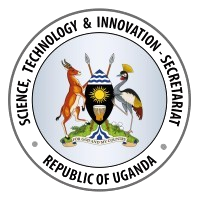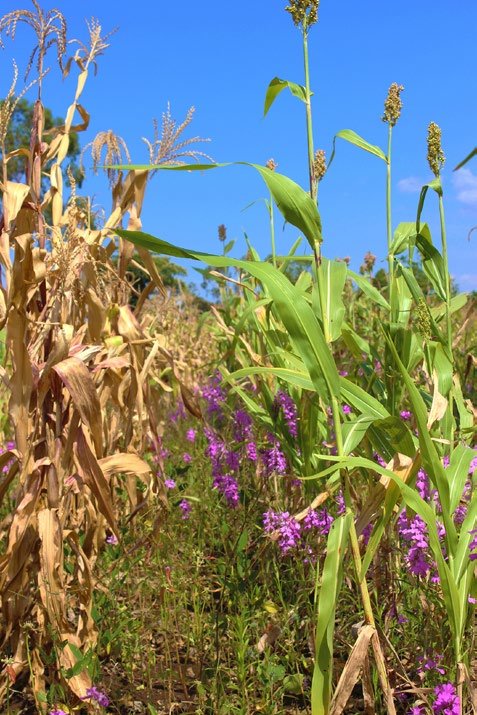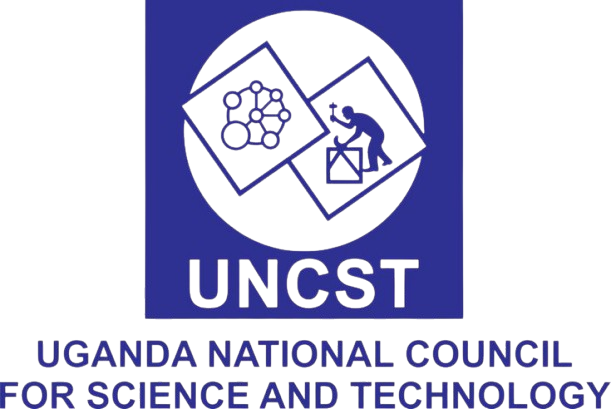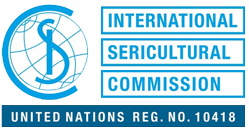

Contact Us
Great things in business are never done one. They're done by a team of people.
Need Help?
Email us directly
tridiuganda@gmail.com
Call us directly
+256 200 911 090
+256 777 284 388


Great things in business are never done one. They're done by a team of people.
+256 777 284 388
We’re here to answer any question you may have.
Would you like to join our growing team?
sylviakibone@yahoo.com
Have a project in mind? Send a message.
tridiuganda@gmail.com
We are dedicated to advancing science, technology, and innovation to drive sustainable development in Uganda and beyond. Our mission is to empower individuals, communities, and governments through education, research, and practical applications of cutting-edge technologies.
Commercialization of Sericulture Technologies and Innovations in Uganda project was part of the innovation projects which were supported by Innovation Fund in the FY2017/2018 in accordance with guidelines from H.E The President of the Republic of Uganda to support scientists to commercialize their innovations. Since its inception, this project is partly supported by the Government of Uganda through The Ministry of Science, Technology and Innovations (MoSTI) and supervised by The Uganda National Council for Science and Technology (UNCST).
At TRIDI, we are dedicated to transforming Uganda’s sericulture industry through the “Commercialization of Sericulture Technologies” project. This initiative aims to leverage cutting-edge research outputs to propel sericulture from subsistence to sustainable commercial production.

Vision
Mission
Aim and Goal
The Commercialization of Sericulture Technologies project aims to make a lasting impact on various aspects of Uganda’s economy and society. Through the sustainable adoption of sericulture technologies and innovations, the project envisions significant changes that will contribute to the country’s development.
The anticipated outcomes of the project reflect the positive changes expected in various areas, directly aligning with the project’s objectives.
The Commercialization of Sericulture Technologies project aspires to leave a lasting imprint on Uganda’s socio-economic landscape, fostering sustainable development and economic prosperity.
2,000 acres acquired for the Sericulture project. Additional land acquired in Kayunga (400 acres), Nwoya (170 acres), Bukedeya (50 acres), and Kween (100 acres). Target acreage is 50,000 acres.
The first set of next-generation equipment for post-cocoon technologies and innovations is almost complete in Sheema and Kween. Capacity building for Ugandans to operate these processing lines is underway.
Initiated with over 7,000 kgs harvested since last year.
2,000 acres acquired in 26 districts, with over 39 stations established. Two stations in Kween and Sheema have post-cocoon processing factories. All 39 stations can rear silkworms and produce cocoons.
Explore the fascinating world of silk production and its commercial applications.
2 Years | UGX 450,000 Per Semester
Learn innovative farming methods to boost agricultural productivity and sustainability.
2 Years | UGX 450,000 Per Semester
Master mechanical systems and fitting techniques critical for manufacturing.
2 Years | UGX 450,000 Per Semester
Gain in-depth knowledge of chemical processes and their industrial significance.
2 Years | UGX 450,000 Per Semester
Unleash your creativity in fashion and textile industries with hands-on design training.
2 Years | UGX 450,000 Per Semester
Develop storytelling, reporting, and communication skills to excel in the dynamic media landscape.
2 Years | UGX 400,000 Per Semester
Build a strong foundation in ICT to thrive in today’s digital economy.
2 Years | UGX 400,000 Per Semester


At the Tropical Institute of Development Innovations (TRIDI), research is the cornerstone of our commitment to fostering sustainable development, industrial growth, and societal transformation. Our research efforts are designed to address real-world challenges, enhance productivity, and promote innovation across various sectors.
Developing resilient breeding programs for goats and sheep, utilizing genomic technologies to boost productivity.
Innovative breeding of sorghum for Striga resistance and drought tolerance, supporting sustainable agriculture.
Advancing the production of salts, chlorine, and caustic soda through sustainable and cutting-edge processes.
Promoting local fertilizer production from indigenous phosphate rock to enhance soil fertility and food security.
TVET Skills Competitions: We organize competitions that provide TVET students an opportunity to showcase their expertise in fields like agro-industrialization, automotive technology, carpentry, and more.
Practical Demonstrations: Live demonstrations and workshops are held to illustrate best practices in innovative industries such as sericulture, coffee processing, and sustainable agriculture.
Technical Training: Specialized courses in areas such as silkworm rearing, mulberry cultivation, machinery operation, and post-cocoon processing.
Business and Soft Skills: Programs to enhance communication, leadership, project management, and entrepreneurial skills, ensuring participants are well-rounded professionals.
Our campus is equipped with modern laboratories, demonstration farms, and industrial workshops to provide the ideal environment for practical training. Key facilities include:




Adding {{itemName}} to cart
Added {{itemName}} to cart